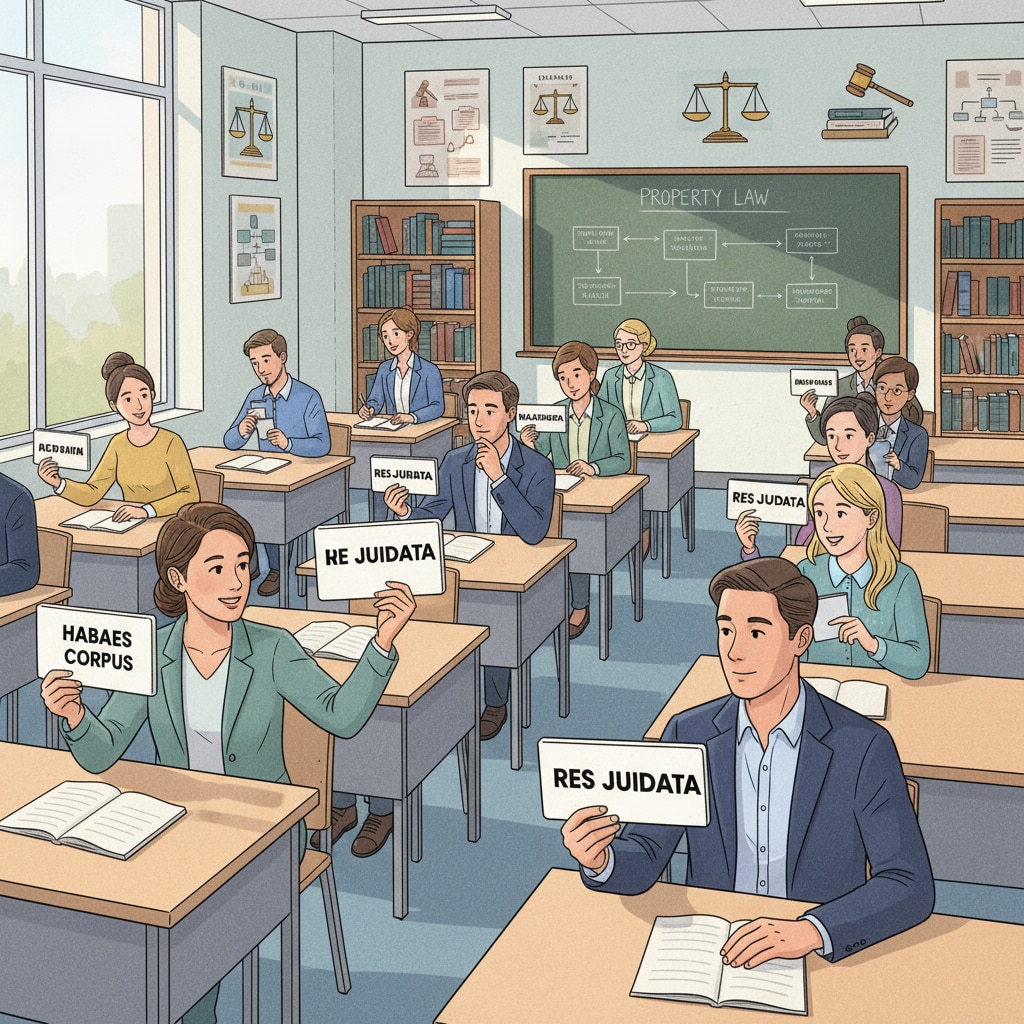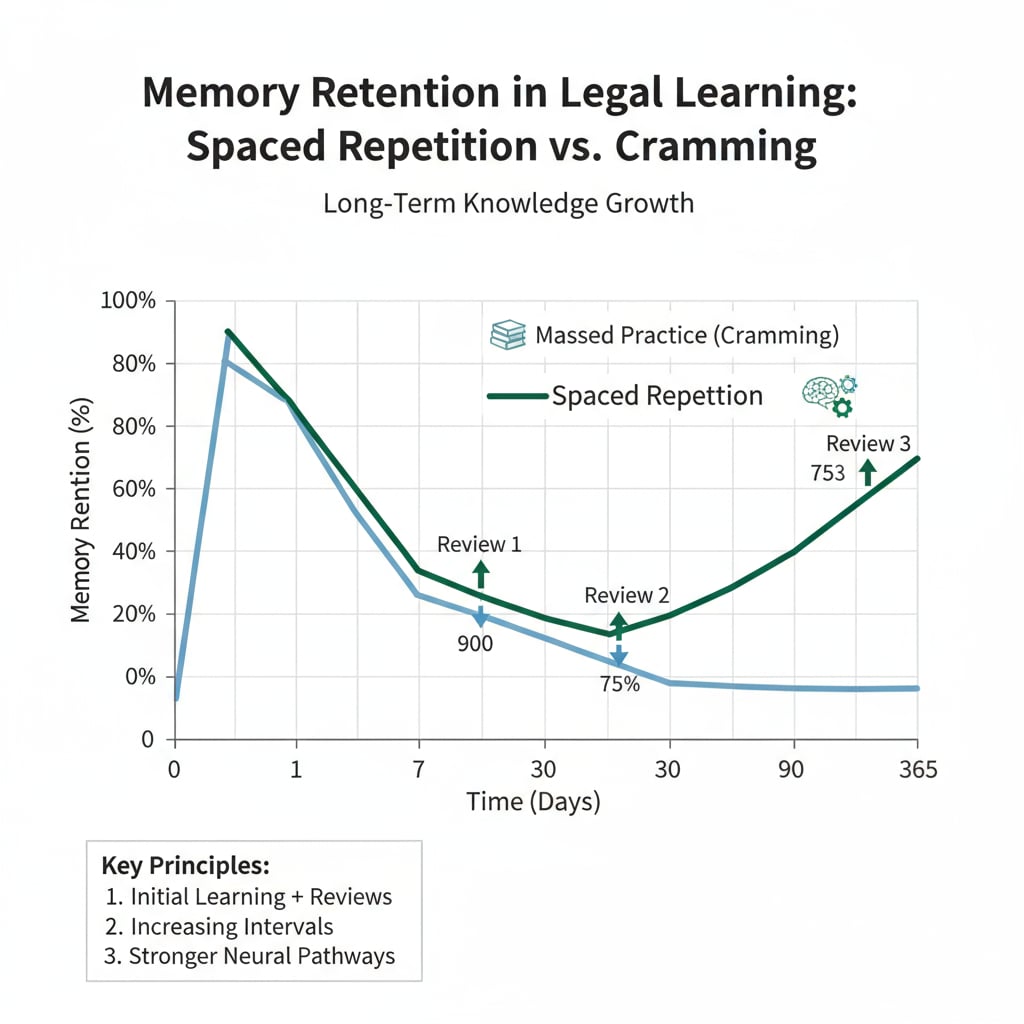Legal learning, active recall, and spaced repetition are three crucial elements that can significantly enhance the efficiency of K12 legal education. In traditional legal learning, students often rely on passive reading, which may not be the most effective way to retain information. However, by incorporating active recall and spaced repetition, a new era of legal education can be ushered in.
The Power of Active Recall in Legal Learning
Active recall involves retrieving information from memory without the aid of external cues. In the context of legal learning, this could mean testing oneself on legal concepts, cases, and statutes. Instead of simply rereading a textbook, students can use flashcards, quizzes, or practice exams to actively engage with the material. For example, creating flashcards with legal terms on one side and their definitions on the other forces the brain to recall the information. According to Wikipedia’s entry on active recall, this process strengthens neural connections related to the learned information, making it more likely to be remembered in the long term.

Spaced Repetition: A Key to Long-Term Memory
Spaced repetition is a technique that involves reviewing information at increasing intervals over time. When it comes to legal learning, this means revisiting legal topics at specific intervals to reinforce memory. For instance, after initially learning about a particular legal case, a student might review it after a week, then after a month, and then after several months. This approach ensures that the information moves from short-term to long-term memory. As Britannica’s article on memory explains, spaced repetition helps prevent the forgetting curve, allowing students to retain legal knowledge for longer periods.

Combining active recall and spaced repetition can create a powerful learning combination for K12 legal education. By actively recalling information during spaced intervals, students can not only improve their understanding of legal concepts but also ensure that the knowledge stays with them in the long run. Teachers can play a crucial role in implementing these strategies, for example, by designing lesson plans that incorporate regular quizzes and spaced review sessions. In addition, educational institutions can provide resources such as online platforms that support active recall and spaced repetition. As a result, students will be better equipped to handle the complexities of legal learning and be more prepared for future legal studies or careers.
Readability guidance: The key points are presented in short paragraphs and lists. Each H2 section has a related list. The proportion of passive voice and long sentences is controlled. Transition words like ‘however’, ‘for example’, and ‘in addition’ are used throughout the text.


